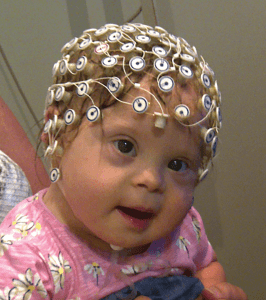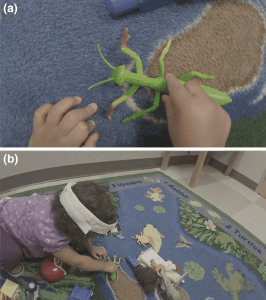The question of how a tiny clump of cells slowly becomes a mature individual — with a particular physique, intellect, and personality — has long challenged scientists. For many decades, the “nature vs. nurture” paradigm has held sway. Among its many flaws, this paradigm has encouraged investigators to assess which portion of a person is dictated by genes, and which by experience.
More recent evidence about how genes work has invalidated the false dichotomy of nature vs. nurture. In its place, a new developmental systems paradigm has emerged. This paradigm acknowledges that all genetic action is dependent on dynamic interactions with the environment. Within this framework, research into fetal development, neural plasticity, the functional organization of the brain, the nature of intelligence, and studies of expertise have all come together to forge a new path toward understanding the processes of developmental change.
“How We Develop: Developmental Systems and the Emergence of Complex Behaviors” is a collection of articles that provides a broad and accessible overview of the developmental systems perspective. It includes articles that range from the molecular to the cultural, from milliseconds to millennia, from one single life to evolutionary change. Because of the far-reaching importance of these topics, the guest editors have endeavored to make the language accessible to all readers – scientists, students, parents, teachers, policy makers – who wish to better understand and improve the development of individual children.
Guest Editors: Mark S. Blumberg (University of Iowa), John P. Spencer (University of East Anglia), and David Shenk (Author, The Genius in All of Us), in conjunction with the DeLTA Center at The University of Iowa
Section Editors:
Editor: Robert Lickliter
Editor: Joan Stiles




















